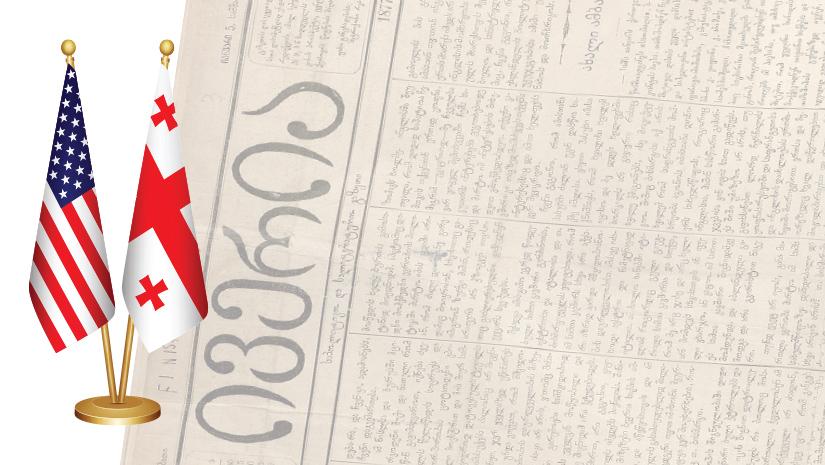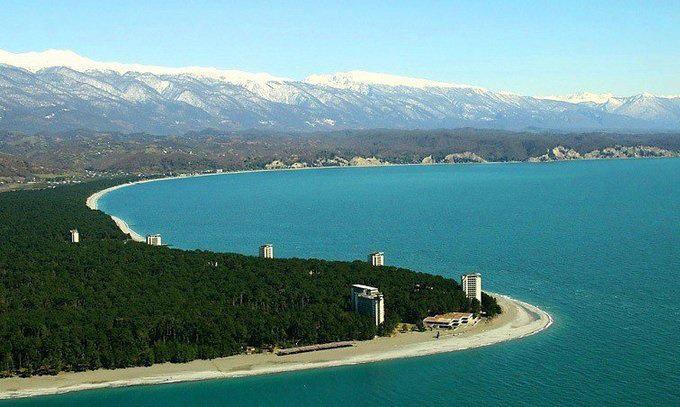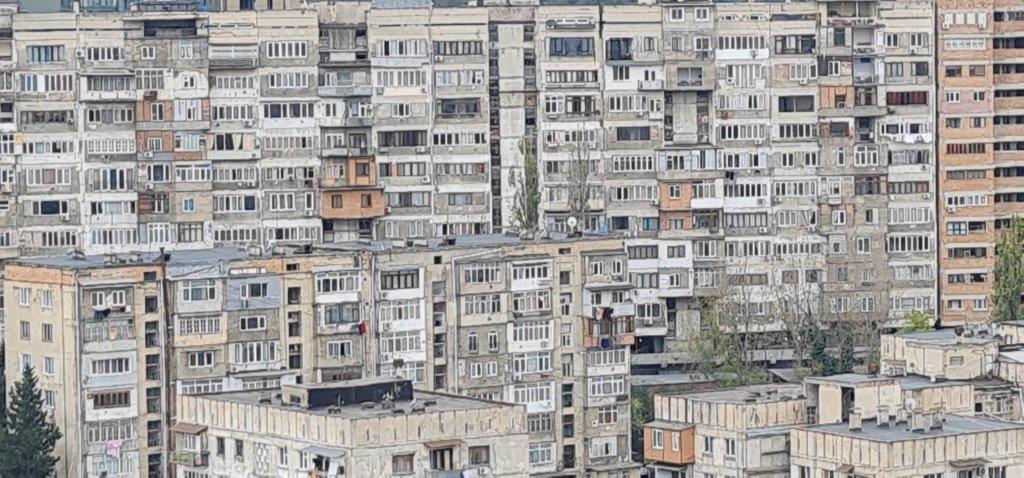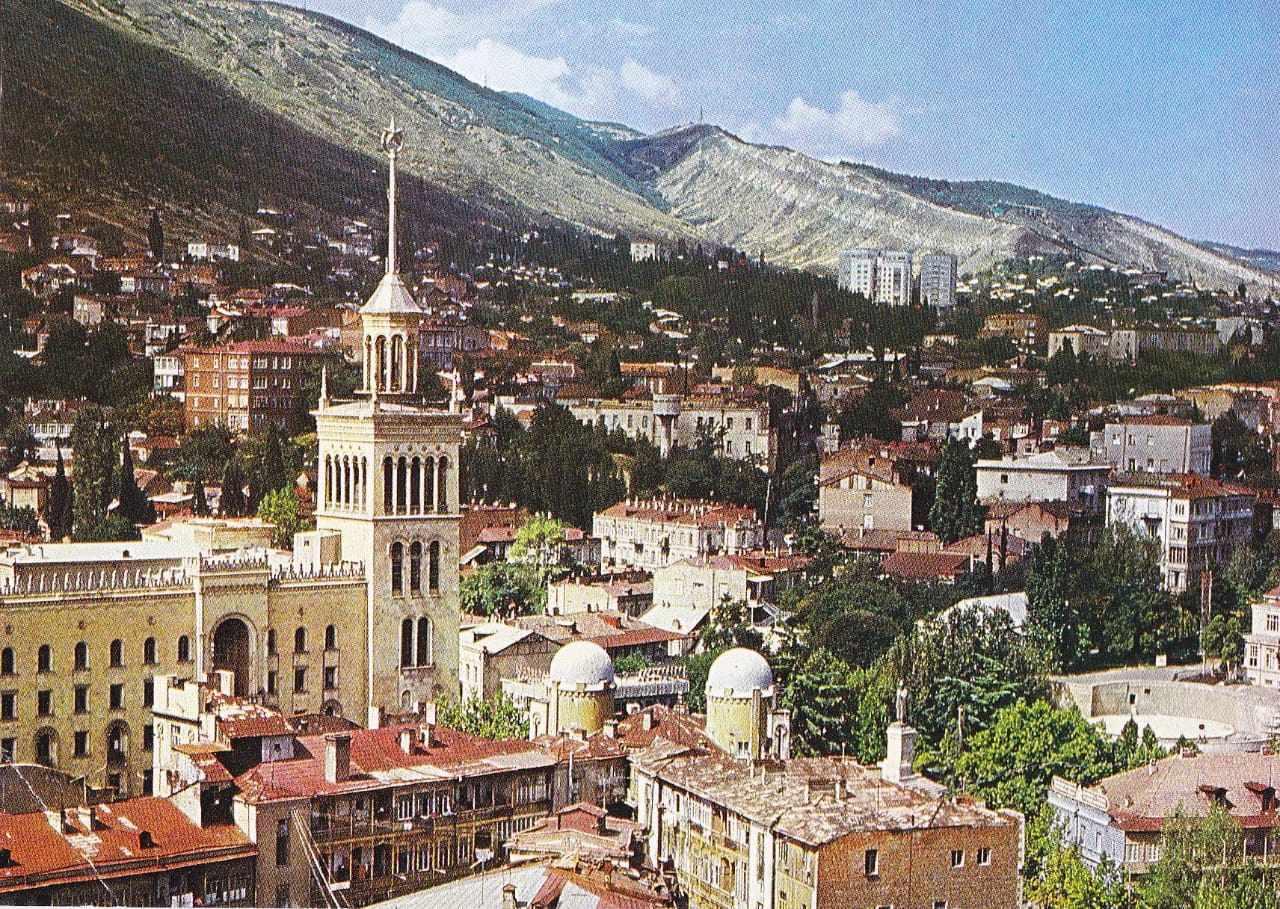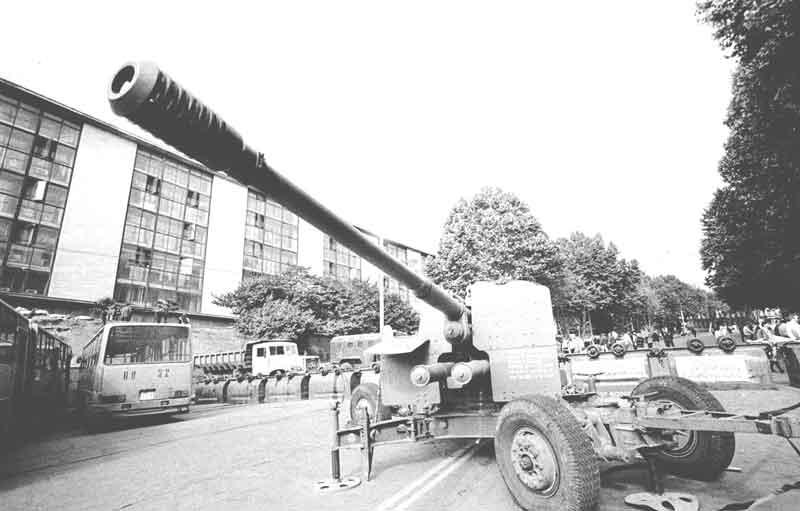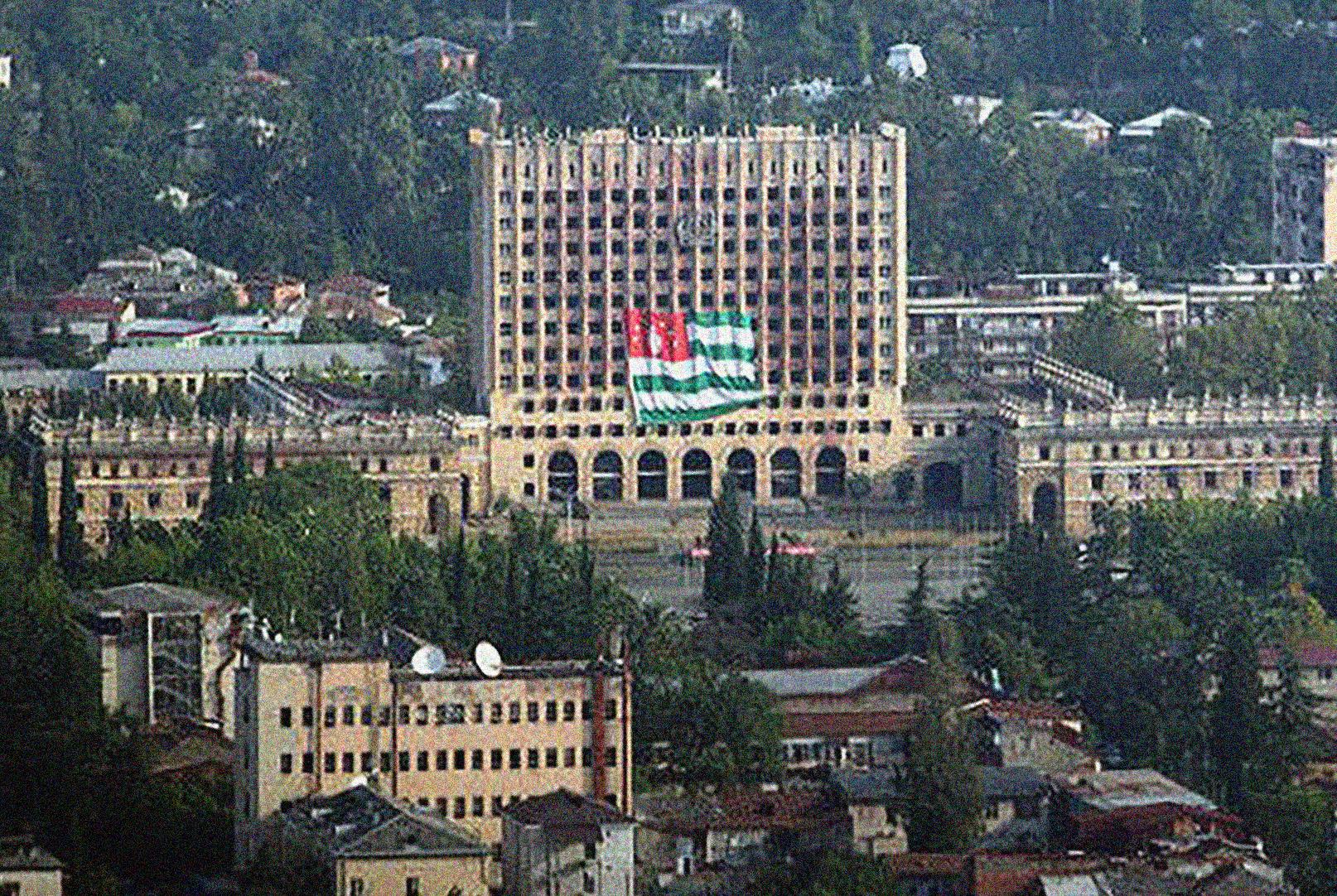
Author : Giorgi Arziani

When doing business in Georgia, it is often necessary to schedule two meetings at the same time, since it is most likely that at least one of them will be cancelled. You should not rush to the meeting because your counterpart will be late anyway. When scheduling a meeting, you often hear that the person has a busy schedule through the end of the year and promises to get back to you when they have time. Often, they don’t find the time.
Certainly, to some, such a description of the real work culture may seem like an exaggeration. However, the fact is that conducting basic work in the country is often fraught with unexpected difficulties. Therefore, it is not paradoxical that in the public space of a country whose existential problem is the occupation of its territories, it is difficult to find a place where this topic is discussed professionally and scientifically. The public, hungry for quality discussion, often confuses populist public debates with occasional remarks in an important public discussion.
In October, Radio Liberty published three articles in which the authors analysed the causes and dominant narratives of the armed conflict in Abkhazia for the 30th anniversary of the war. The authors limited themselves to just three texts, and this exchange, unfortunately and expectedly, soon came to an end. I will not discuss the positive aspects of these articles, which are numerous. However, I will endeavour to continue this discussion and introduce new topics to the table, which I will formulate in the form of short theses:
An important issue that is often overlooked when we try to re-identify the parties to the conflict is the question of responsibility for war crimes and ethnic cleansing. Who is responsible for the crime: Russia, the Abkhaz, or both?
The answer to these questions is the key to future reconciliation.
The second problem is that, parallel to the discussion about the identification of the parties, we constantly see attempts to limit the specific share and importance of Russia in this conflict. Here, again, the argument is repeated without any significant added value. In my opinion, the role of Russia in the conflicts on the territory of Georgia was already conceptual, implying an insufficient but integral part of the condition that is not necessary but sufficient for the present result—as in our case: For the occupation of territories and real and/or perceived ethnic conflict.
Moreover, this conceptualization is fundamentally important for the formalized analysis and assessment of the ‘will’ and actions of the separatists. Let us outline two options: the Abkhazian side either acted as an executor of Russia or acted independently. Even if we set aside radical national narratives, the actions of political players are determined by existing macro-structural prerequisites, and national narratives are only one part of it. In our case, it makes no difference whether the Abkhaz side acted independently or as a controlled tool. The radicalization and violent nature of the Abkhaz side’s actions during the conflict escalation were either due to the expectation that Russia would intervene to help them or to the fact that such radicalization increased the chances of Russia’s involvement. Therefore, Russia was the main and inseparable factor in such a radical manifestation of the political ‘will’ of the Abkhaz side.
The third problem is that the public discourse on the conflict is almost entirely focused on the past. In general, Georgian society agrees on the importance of the Russian factor, but we still argue about it without making much progress, which is understandably frustrating. Why is that?
Probably because we do not agree on the future. The attractive ideal that a democratic society can agree on the past is too expensive in our case, given the opportunity costs. Much of our energy is spent arguing about the past, and our already scarce intellectual resources are wasted.
We talk very little and write even less about de-occupation. Among recent discussions, I would like to single out two articles in which the authors raised the question of the future. The first is an article by Davit Sakvarelidze. The main emphasis of the author of this article is on the geopolitical dimension of solving the issue and holding a number of status-related referendums. The second one belongs to me.
The main scenario in the article is full restoration of jurisdiction over the entire territory of Abkhazia and the return of IDPs. The main topic of the article is the discussion of the draft of the future election law, which will answer the question of what system can be used to ensure the proper conduct of democratic processes in Abkhazia after de-occupation. This is a problem that has been neglected in direct proportion to its importance.
At this stage, I will also not dwell on analysing the strengths and weaknesses of these articles, as the list of topics discussed is not exhaustive. For example, the restitution of property rights has not been analysed—either from the historical prism of the past or from the perspective of the future. Presumably, property on the territory of Abkhazia was seized not only to create economic benefits for the kidnappers, but also to eliminate all possibilities for the return of internally displaced persons from Abkhazia after the end of the hot phase of the war. As a result, we got the actual impossibility of transformation of the conflict and its freezing. In the case of the alternative scenario, IDPs would have been returned to their homes with the conflict transformation and search for political solutions being much easier.
However, the issue of property restitution is key both in terms of the alternative past and the future, as conflict resolution is directly related to the issue of real estate. It is difficult to say what will be more difficult—solving this issue at the conceptual level or further possible implementation. Who gets what? How should property be exchanged between the rightful owner and the current possessor? Which priority groups should we highlight? What impact will our decisions have on possible future inequality and reconciliation? How will jobs be created? Of course, we are only beginning to discuss these issues. Regardless of how much we believe in the possibility of restoring Georgia’s territorial integrity in the near future, the return of Abkhazia and the Tskhinvali region should be considered as the only baseline scenario. Otherwise, there is nothing to argue about.

